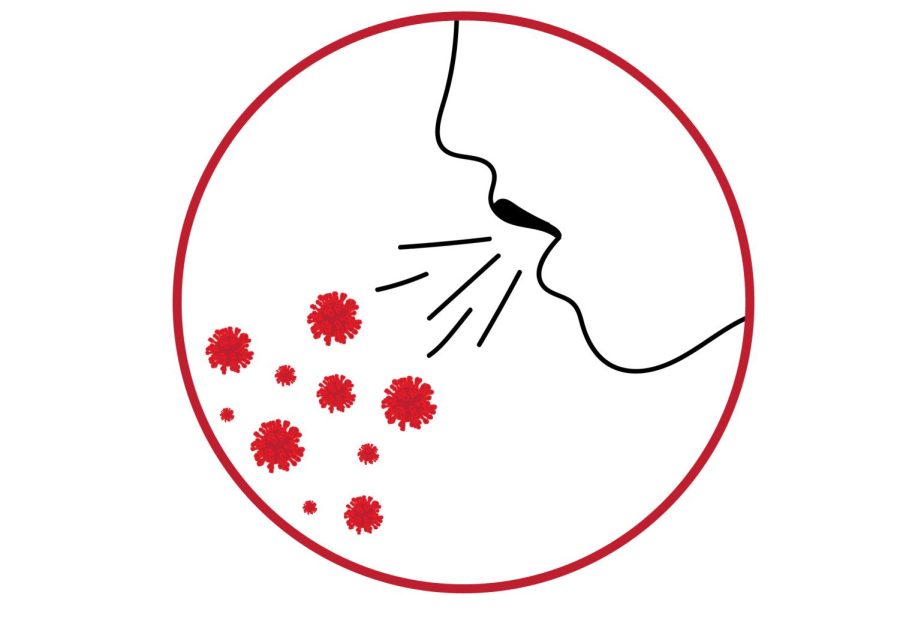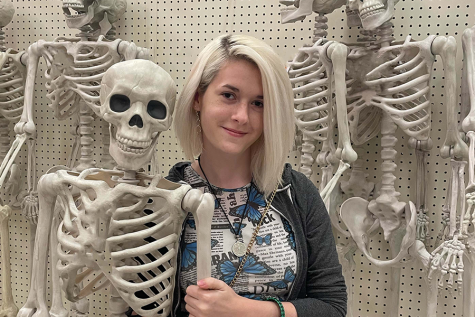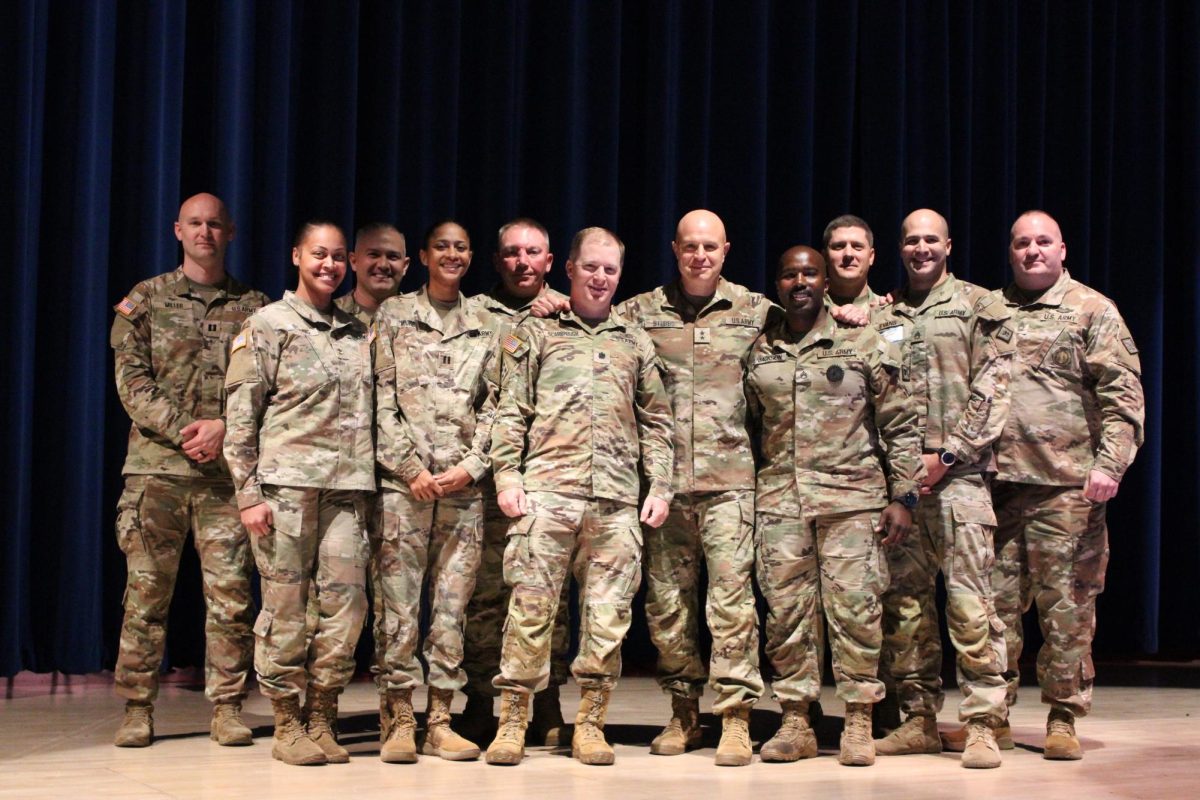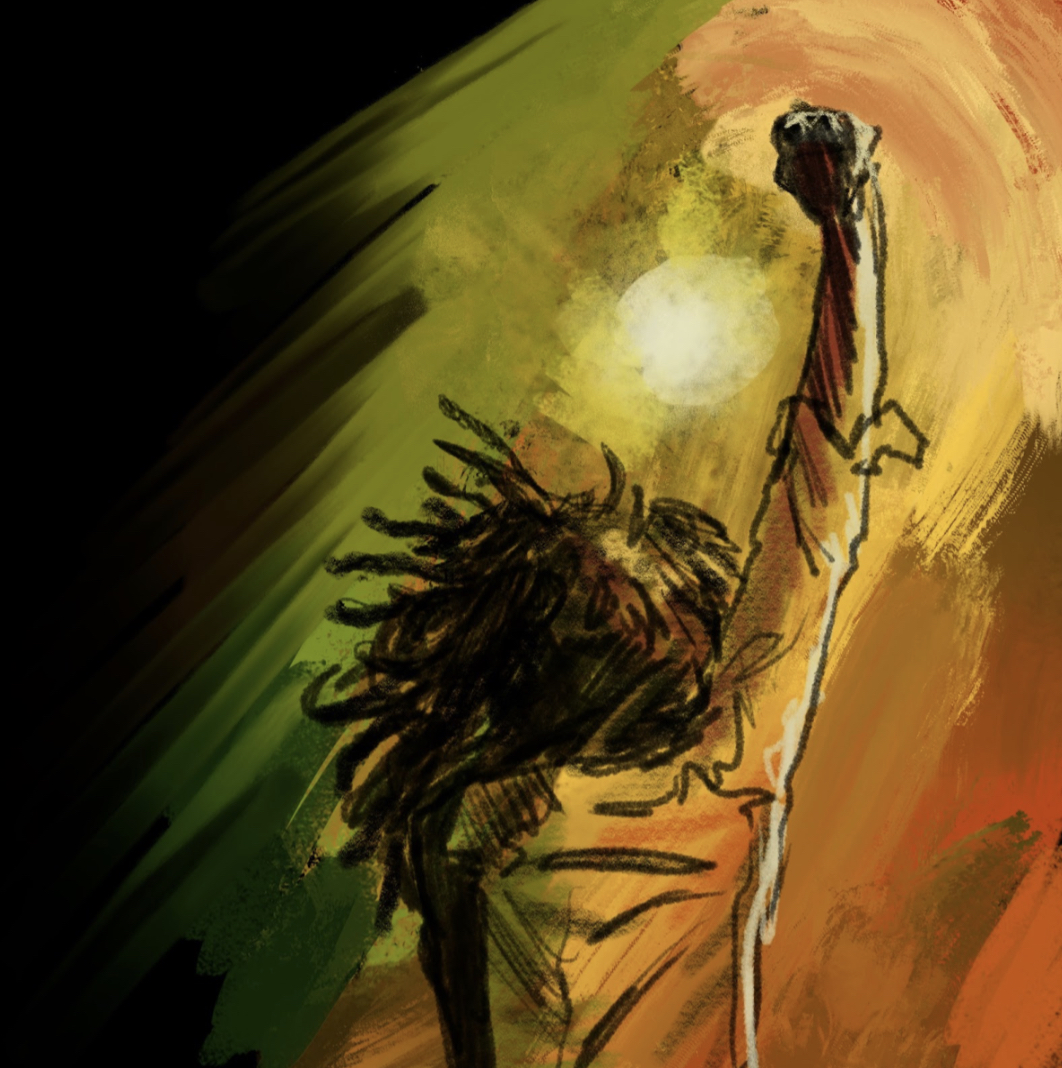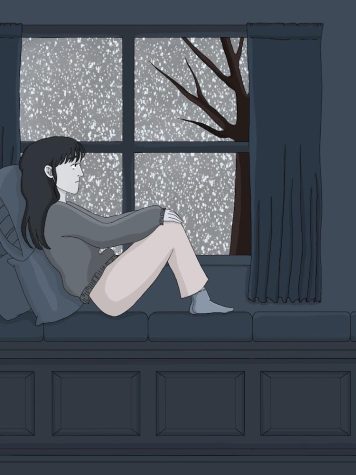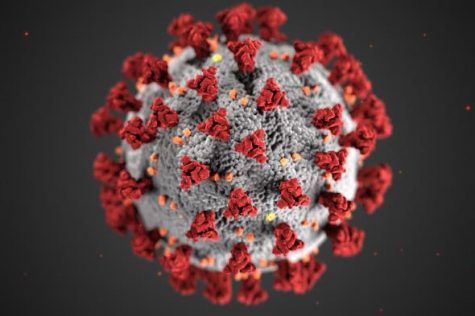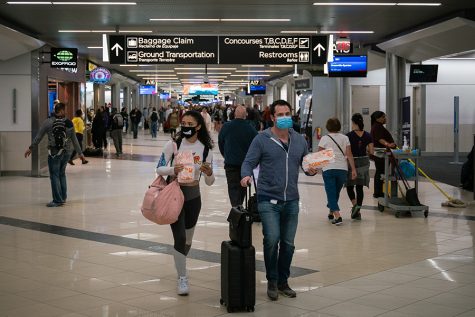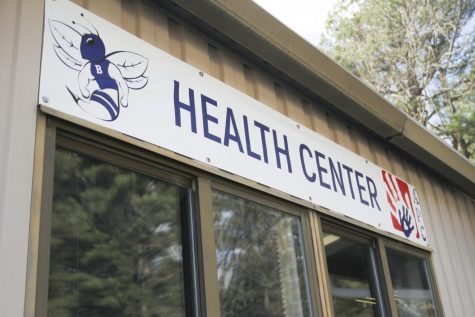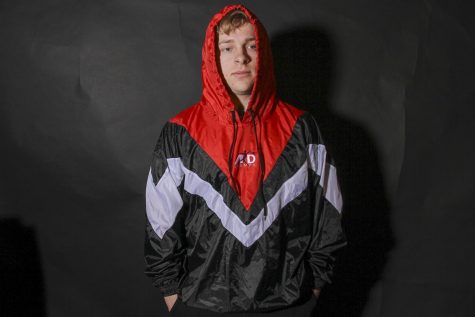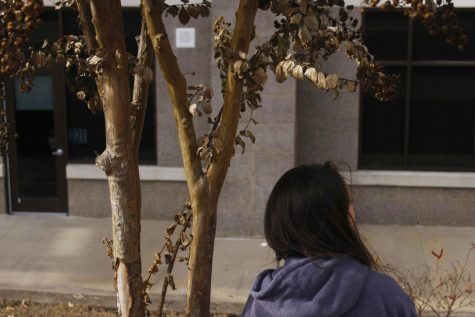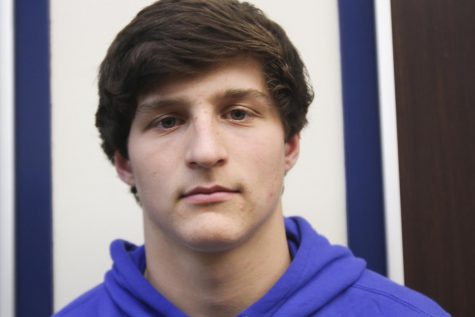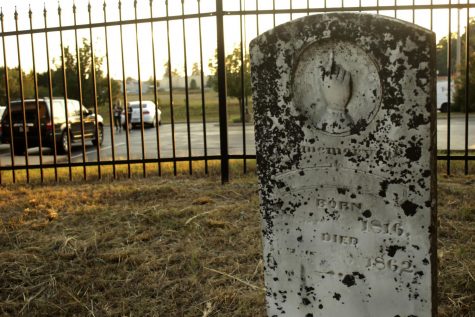Omicron Variant Spikes COVID Cases; Reveals New Ways to Handle the Pandemic
Arkansas reports around 14,000 active cases in third year of COVID-19 pandemic.
March 3, 2022
Averaging around 720,000 positive cases a day, the Omicron variant has more and more states peaking in new cases. Breaking world records of 1.35 million new COVID cases in a single day, the U.S. has finally leveled off from the variant spike after mid July.
As of February 14th, Arkansas has ranked as one of the lowest total numbers of COVID-19 cases in the U.S. by state, according to U.S. News. Even though the data points begin to decrease, COVID-19 still poses a threat. Reaching our third year of the pandemic, our school is still attempting to adjust to the new changes. History teacher Brandon Bagwell finds that teaching students that have been quarantined has not been as effective due to missing the in-class experience.
“I’d say that it has been very difficult to teach the content effectively and skills necessary to prep my students for the AP Exams when there are so many missing extended class time,” Bagwell said. “Since we have gotten back from Christmas break, I have had dozens of students miss out on essays, lectures, and feedback that they would have received in person. Now it is hard on me and them to get them caught up without leaving them too far behind.” Bagwell advises these students that are struggling to focus and are quarantined to continue staying up to date with their assignments, even if doing the assignments from home.
Having been one of those quarantined students before, Senior Saige Kelley can only view the pandemic as ‘nothing but negative’ as she feels the restrictions, although necessary, have limited her overall experience in high school.
“Covid seems to have made my senior year really mundane. I thought this year was filled with highlights and a lot of amazing memories, but because of covid and the restrictions brought with it, there’s so much less we are allowed to do. I think I’ve missed out on so much. It has made my upperclassman years a lot more boring than I thought it would be,” Kelley said.
COVID-19 has limited our societies social aspects, as the CDC recommends, regardless of vaccination status, to continue to limit in-person interaction, especially in indoor settings.
New experiences combined with other stressors of this time has made stress management a big part of most individuals’ daily lives. Bagwell personally takes to organization and exercise when feeling overwhelmed by stress.
“The way that I try to manage stress is by staying as organized as possible. If I go into each week / day with structure and goals for myself and my students, I can typically keep everything under control,” Bagwell said. “I also hit the gym pretty hard after work pretty regularly to help with stress. Lifting weights and blaring music is like therapy.”
Kelley supports the new ways people are finding to handle their stress and believes that people should try to focus on themselves during this trying time.
“I just think people really need to try and work on their mental health. Like, doing self care or shutting off your phone for a night, or even just getting extra sleep. Right now we’re all pretty upset in our minds about all of this, so we should be trying to take care of ourselves more than ever,” Kelley said.
Besides our attempts to handle the pandemic, organizations such as Moderna, Pfizer, Sinovac, Sinopharm Beijing Institute and many others have created various vaccine to try and reduce the number of active cases. The CDC recommends that every person ages 5 and above should get fully vaccinated, and they recommended that those 16 and above should get their booster.
A person’s vaccination status has caused mass conflict among individuals as different perspectives have been screwed and shared online. Jordan Lewis, UAMS nursing student and Clinical Care assistant in UAMS’ Emergency Department I, believes that vaccines are necessary as she has seen the difference between vaccinated individuals vs non-vaccinated individuals reaction and survival rate when being infected. Despite her own personal views, Lewis believes that people should not immediately refer to individuals with other opinions over vaccines with hate or anger.
“Just understanding the view around vaccine hesitancy vs vaccine acceptance. Approach people with respect and dignity, even if you disagree with them,” Lewis said.
Another part of COVID-19 prevention includes wearing a mask in public indoor settings of substantial or high community transmission. As of recently, the school has taken away the mask mandate to students and teachers. The CDC still recommends individuals to wear masks correctly to slow the spread against the virus. Kelley believes that some individuals ignore the CDC recommendations and views them as morally wrong.
“I think people aren’t being considerate enough. I mean, back when we thought masks could prevent getting covid, kids still refused to wear them. Also, social distancing was never cared about through the students. We should definitely be more mature and considerate about everything,” Kelley said.
Hospitals’ COVID-19 precautions currently go beyond the CDC’s recommendation. At UAMS, Lewis and her coworkers have multiple regimes when dealing with positive COVID-19 individuals.
“We have to do a daily check-in questionnaire and a fever scan before being allowed onto campus. We wear masks 24/7, and wash hands with soap and water after every patient we encounter. We fully sanitize every room after each patient. If a patient is COVID positive, we must wear a N95 mask and a gown with all patient encounters,” Lewis said. The hospital is confident in their COVID-19 prevention procedures and still asks workers to come in if having tested positive for the virus.
With the changes in the routines of our daily lives, the way we interact, the way we handle stress, the choices we make during the pandemic, we have become more aware of our health and the lives arounds us.
“We know now that touching things, being with other people and breathing the air in an enclosed space can be risky. How quickly that awareness recedes will be different for different people, but it can never vanish completely for anyone who lived through this year. It could become second nature to recoil from shaking hands or touching our faces—and we might all find we can’t stop washing our hands,” Lewis said. “The comfort of being in the presence of others might be replaced by a greater comfort with absence.”
If you are looking to get vaccinated, places such as your doctor’s office and hospitals can provide this service. Local places such as the Saline County Library and Benton’s Arkansas Health Department have been providing citizens with home COVID-19 tests to provide rapid results. If tested positive with an at home test, please call the ADH COVID-19 Call center at 1-800-803-7847 or email [email protected].


